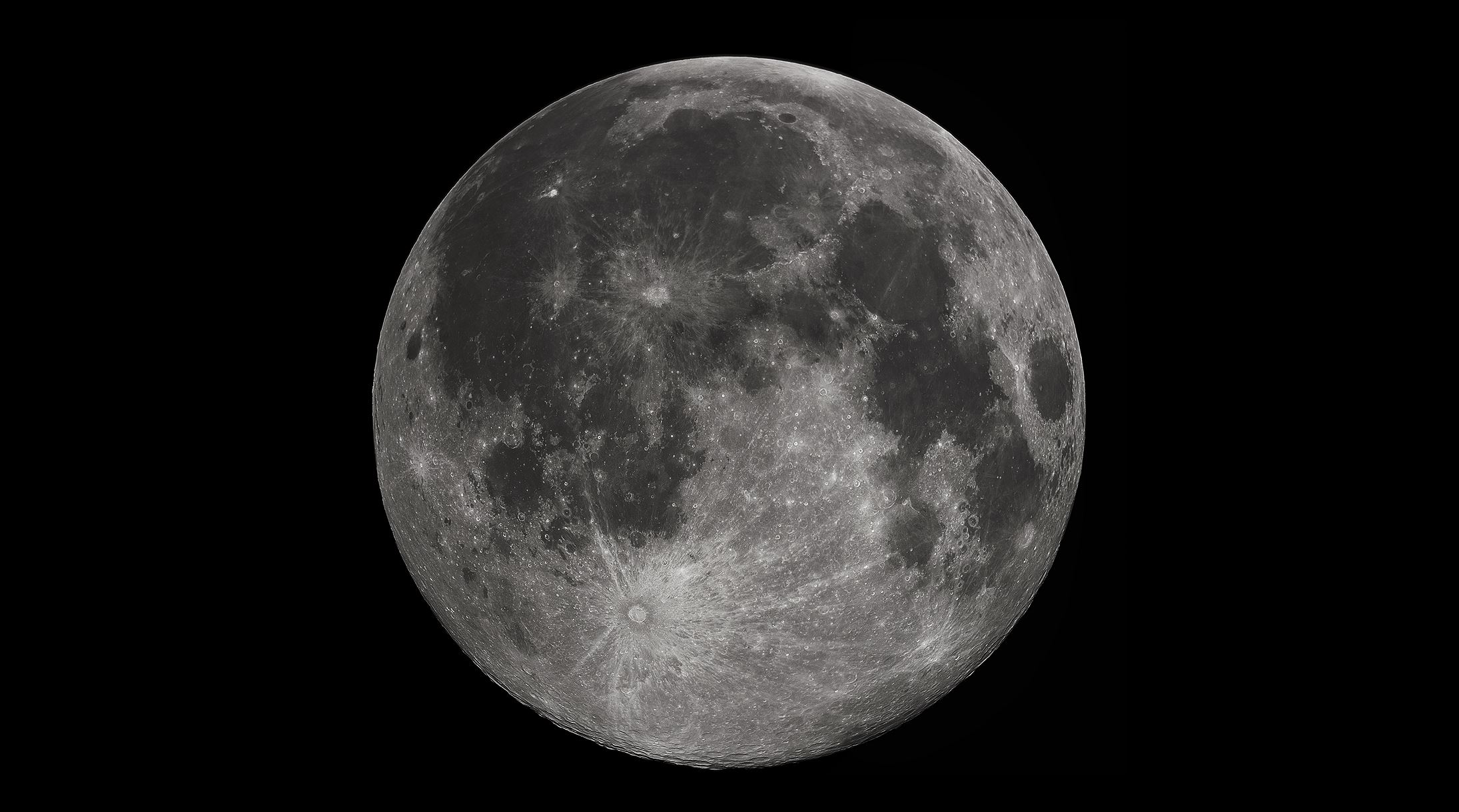A brief and unusual flash spotted in the night sky on June 16, 2018, puzzled astronomers and astrophysicists across the globe. The event — called AT2018cow and nicknamed "the Cow" after the coincidental final letters in its official name — is unlike any celestial outburst ever seen before, prompting multiple theories about its source.
Hubble takes gigantic image of the Triangulum Galaxy
The NASA/ESA Hubble Space Telescope has captured the most detailed image yet of a close neighbour of the Milky Way — the Triangulum Galaxy, a spiral galaxy located at a distance of only three million light-years. This panoramic survey of the third-largest galaxy in our Local Group of galaxies provides a mesmerising view of the 40 billion stars that make up one of the most distant objects visible to the naked eye.
You’re probably brushing your teeth wrong – here are four tips for better dental health
We all know the advice for healthy teeth – brush twice daily and don’t eat too much sugar. So why do those of us following these instructions find we sometimes need a filling when we visit the dentist? The truth is, there’s a little more to preventing tooth decay than these guidelines suggest. Here’s what you need to know.
Still no Word from Opportunity
Engineers create an inhalable form of messenger RNA
3D-printed guns may be more dangerous to their users than targets
Despite fears that guns made with 3D printers will let criminals and terrorists easily make untraceable, undetectable plastic weapons at home, my own experience with 3D manufacturing quality control suggests that, at least for now, 3D-printed firearms may pose as much, or maybe even more, of a threat to the people who try to make and use them.
When pets are family, the benefits extend into society
There is a growing global trend to consider pets as part of the family. In fact, millions of people around the world love their pets, enjoying their companionship, going for walks, playing and even talking to them. And there is evidence suggesting that attachment to pets is good for human health and even helps build community.
Tiny satellites could be “guide stars” for huge next-generation telescopes
Making New Year’s resolutions personal could actually make them stick
Five life lessons from your immune system
Juno Saw One of Io’s Volcanoes Erupting During its Recent Flyby
Thanks to a mission extension, NASA’s Juno probe continues to orbit Jupiter, being only the second spacecraft in history to do so. Since it arrived around the gas giant on July 5th, 2016, Juno has managed to gather a great deal of information on Jupiter’s atmosphere, magnetic and gravity environment, and its interior structure.
Seasonal affective disorder: your eye colour might be why you have the ‘winter blues’
Will China’s moon landing launch a new space race?
China became the third country to land a probe on the Moon on Jan. 2. But, more importantly, it became the first to do so on the far side of the moon, often called the dark side. The ability to land on the far side of the moon is a technical achievement in its own right, one that neither Russia nor the United States has pursued.
Physicists record “lifetime” of graphene qubits
From volcanoes on Mars to scarps on Mercury – how places on other worlds get their names
The New Horizons spacecraft, which flew past Pluto in 2015, successfully completed a flyby of “Ultima Thule”, an object in the Kuiper belt of bodies beyond Neptune on January 1, 2019. The name Ultima Thule, signifying a distant unknown place, is fitting but it is currently just a nickname pending formal naming. The official names of the body and of the features on its surface will eventually be allocated (this could take years) by the International Astronomical Union (IAU), which celebrates its centenary in 2019.
Why does it feel good to see someone fail?
The periodic table is 150 – but it could have looked very different
The periodic table stares down from the walls of just about every chemistry lab. The credit for its creation generally goes to Dimitri Mendeleev, a Russian chemist who in 1869 wrote out the known elements (of which there were 63 at the time) on cards and then arranged them in columns and rows according to their chemical and physical properties. To celebrate the 150th anniversary of this pivotal moment in science, the UN has proclaimed 2019 to be the International year of the Periodic Table.
Health Check: when should you throw away leftovers?
Why two people see the same thing but have different memories
Will wearing your coat indoors make you feel colder outside? A scientist explains
If you’ve ever had to work in a draughty office, warehouse or classroom, you’ve probably been tempted to keep your coat on inside. And you were probably also advised against it because you wouldn’t “feel the benefit” when you went outside. This might seem counter intuitive. If you’re cold already, surely you should do whatever you can to retain warmth? It turns out things aren’t that simple. To understand what’s really going on, we need to know a bit about why we feel cold in the first place.















